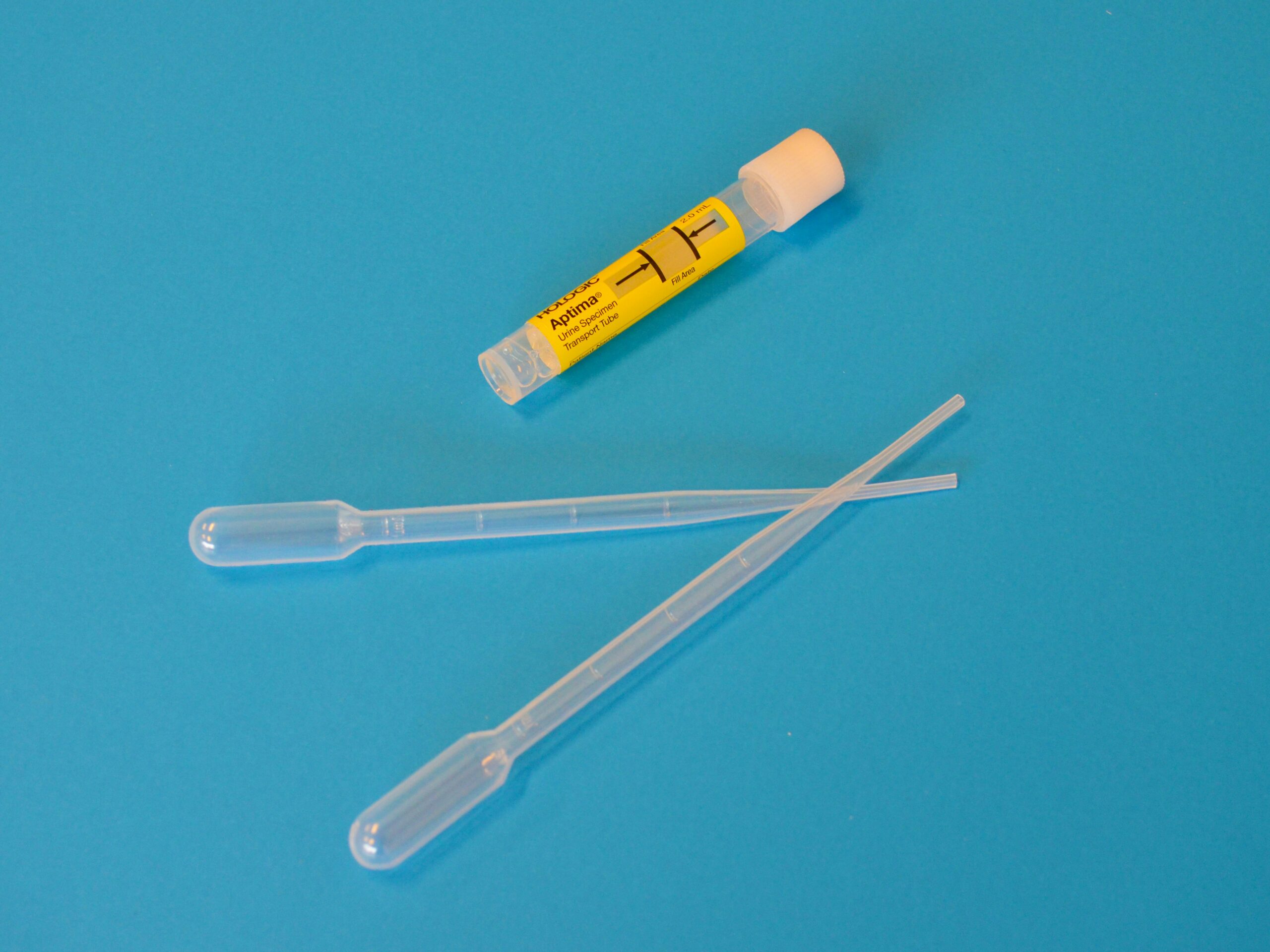Imagine waking up in the morning and being greeted by a rather unpleasant surprise: a strong odor emanating from your urine. Before you start panicking, take a moment to consider if the medications you’re taking could be the culprit. Yes, you heard it right! Some medications have the potential to give your urine an unconventional smell, especially in the morning. In this article, we will explore the various medications that might be responsible for this situation, giving you a better understanding of what’s happening inside your body. So, grab your coffee, settle in, and let’s find out if medications could be the sneaky cause behind that perplexing scent in your morning bathroom visits.

Understanding Urine and its Normal Characteristics
An Overview of Urine
Urine is a waste product produced by the kidneys as they filter excess water, electrolytes, and waste materials from the blood. It is composed of various substances, including water, salts, urea, and other metabolic products. Urine helps to eliminate toxins and maintain the body’s fluid balance.
The Normal Characteristics of Urine
Normally, urine has a mild odor and a pale yellow color. The odor is usually faint, and the color may vary depending on factors such as hydration level and diet. Additionally, urine is typically clear and free from sediments under normal circumstances.
Changes in Urine Characteristics
While urine has its normal characteristics, it is important to note that certain factors can cause changes in its appearance and odor. Various medications, for example, can alter the smell of urine. Understanding these changes can help individuals identify potential issues and seek appropriate medical advice if needed.
The Role of Medications in Peculiar Urine Odor
Medications and Body Metabolism
Medications play a crucial role in treating various health conditions by influencing the body’s metabolism. When medications are ingested, they are broken down in the liver and then metabolized into different compounds. Some of these compounds can be excreted through the urine, potentially leading to changes in urine odor.
Excretion of Medications Through the Urine
After medications are metabolized, any active or inactive compounds that are not needed by the body are eliminated through various routes, including the urine. The excretion of medications through urine can result in unique smells that may differ from the normal odor of urine.
Effects on Urine Odor
Certain medications, such as antibiotics, supplements, and vitamins, can cause urine to have a stronger, more noticeable odor. These odors can range from a strong ammonia-like smell to a sweet or fruity scent. The specific medication and individual factors, such as metabolism and dosage, can influence the intensity and type of odor.
Tying Urine Odor to Specific Drugs
Medications Known to Change Urine Odor
Several medications are known to cause changes in urine odor. Antibiotics, such as penicillin and sulfonamide drugs, are commonly associated with strong-smelling urine. Metformin, a medication used to treat diabetes, can also result in a distinctive odor. Furthermore, certain vitamins, such as vitamin B6, may cause urine to have a strong smell.
Typical Odor Associations with Certain Medications
Specific medications can be linked to characteristic odors in urine. For example, individuals taking certain antibiotics may notice a distinct sulfur-like smell in their urine. On the other hand, individuals taking metformin may experience a fishy or musty odor. It is important to note that these odors are generally harmless and temporary.
Morning Urine: What is Normal, What is Not
The Concept of Morning Urine
Morning urine refers to the first urine passed after a night’s sleep. It is commonly used for diagnostic purposes due to its concentrated composition, which provides valuable insights into a person’s health. Morning urine can help identify potential issues, such as dehydration or urinary tract infections.
Usual Changes in Morning Urine
Normal morning urine can exhibit certain changes compared to urine passed during the day. It is often more concentrated and has a darker color due to overnight fluid loss. The odor of morning urine may also be slightly stronger due to the buildup of waste materials during sleep.
Warning Signs in Morning Urine
While some changes in morning urine are considered normal, certain warning signs should not be ignored. If morning urine has a persistent foul odor, is cloudy, has blood in it, or causes discomfort during urination, it may indicate an underlying health issue. Seek medical attention if any of these warning signs persist or worsen.

How Medications Can Influence Morning Urine Smell
Effect of Overnight Medication Processing
Medications taken before bedtime may undergo metabolism and processing overnight. As a result, some medications can contribute to changes in morning urine smell. The concentration of medication byproducts may be higher in morning urine, leading to more noticeable odors.
Strength of Morning Urine Odors
The strength of morning urine odors can vary depending on the medications being taken and individual factors. In some cases, medications may result in a stronger and more noticeable odor in the morning due to their interaction with the body’s metabolic processes. However, it is essential to remember that not all morning urine odors are harmful or indicative of a medical issue.
Correlation with Medication Intake
If you notice a change in the smell of your morning urine shortly after starting a new medication, there may be a correlation between the two. Keep track of any changes and discuss them with your healthcare provider to determine if they are related to medication intake. It is always important to disclose all medications you are taking to your healthcare provider to ensure comprehensive care.
Scientific Studies Linking Medications to Urine Odor
Previous Research Evidence
Scientific studies have explored the link between medications and changes in urine odor. For example, researchers have investigated the impact of antibiotics on urine odor and found that certain antibiotics can lead to strong-smelling urine. Additionally, studies have examined the relationship between specific medications, such as metformin, and distinct urine odors.
Recent Studies on the Subject
Recent studies have continued to investigate the influence of medications on urine odor. These studies aim to provide a deeper understanding of the mechanisms behind these odor changes and the potential implications for individual health. While more research is needed, the existing studies contribute to our understanding of medication-induced urine odor.
Controversies and Contradictions in Findings
It is important to recognize that research findings on medication-induced urine odor may vary, and there may be controversies and contradictions among different studies. Factors such as the population studied, medication dosage, and individual variations can affect the outcomes. Further research is necessary to establish consistent patterns and guidelines regarding medication-induced urine odor.

Other Factors Influencing Urine Odor
Dietary Influences on Urine Odor
Dietary factors can significantly affect urine odor. Certain foods, such as asparagus, garlic, and spices, can cause urine to have a distinct smell. Additionally, dehydration, which can be influenced by dietary choices, can contribute to concentrated urine and potentially alter its odor.
Hydration and Urine Smell
Maintaining proper hydration is crucial for overall health, including urinary function. Sufficient hydration helps to maintain adequate urine volume, which may help dilute any odorous compounds. Drinking enough water can also help flush out waste products and prevent the buildup of concentrated urine that may contribute to stronger odors.
Urinary Infections and Odor
Urinary tract infections (UTIs) can cause changes in urine characteristics, including odor. UTIs are typically accompanied by symptoms such as pain or burning during urination, frequent urination, and cloudy or foul-smelling urine. If you suspect a UTI or experience any concerning symptoms, it is important to seek medical attention promptly.
Identifying Medication-Induced Urine Odor
First Signs of Odor Change
The first signs of medication-induced urine odor involve noticing a distinct and persistent change in the smell of urine after starting a new medication. If you experience an unusual or unpleasant odor that persists beyond a few days, it is worth investigating the potential link to medication intake.
Relating Odor Changes to Medication Intake
To determine if medication is responsible for urine odor changes, it is essential to establish a correlation between the onset of the odor and the initiation or modification of medication intake. Keeping a symptom diary and tracking any changes can provide valuable information to discuss with your healthcare provider.
Consulting a Healthcare Professional
If you suspect that your medication is contributing to an abnormal urine odor, it is important to consult with a healthcare professional. They can review your medication regimen, assess your symptoms, and determine if any further investigations or adjustments are necessary. It is crucial not to stop or modify medications without proper medical guidance.
Managing and Reducing Medication-Induced Urine Odor
Proper Hydration
Maintaining adequate hydration is key in managing and reducing medication-induced urine odor. Drinking plenty of water helps dilute any odorous compounds and promotes the flushing out of waste products from the body. However, it is important to follow specific guidelines provided by your healthcare provider regarding fluid intake, as excessive hydration may not be appropriate for all individuals.
Dietary Adjustments
In some cases, dietary adjustments may help manage medication-induced urine odor. It may be beneficial to avoid foods known to cause strong odors in urine, such as asparagus. However, it is important to discuss any significant dietary changes with your healthcare provider to ensure they align with your overall health and medication regimen.
When to Consider Medication Change
If medication-induced urine odor becomes bothersome or persists despite proper hydration and dietary adjustments, it may be worth discussing the possibility of a medication change with your healthcare provider. They can evaluate alternative medications or adjust your current medication regimen to minimize any unwanted odor-related side effects.
Conclusion: Assessing the Impact of Medications on Morning Urine Smell
The Extent of Medication Impact on Urine Odor
While medications can cause changes in urine odor, it is important to recognize that not all medication-related odor changes are detrimental or indicate serious health issues. In many cases, these changes are temporary and harmless. However, it is essential to monitor any persistent or concerning odor changes and discuss them with your healthcare provider.
When Urgent Medical Attention is Needed
In some instances, changes in urine odor may be a sign of an underlying health issue that requires urgent medical attention. If you experience persistent foul-smelling urine, blood in your urine, intense pain during urination, or any other severe symptoms, seek medical help immediately.
Importance of Regular Check-ups and Communication with Healthcare Providers
Regular check-ups and open communication with healthcare providers are crucial in assessing and managing medication-induced urine odor. Discussing any changes or concerns related to urine odor with your healthcare team ensures comprehensive care, appropriate monitoring, and timely intervention if necessary. Remember to disclose all medications you are taking, including over-the-counter drugs and supplements.

